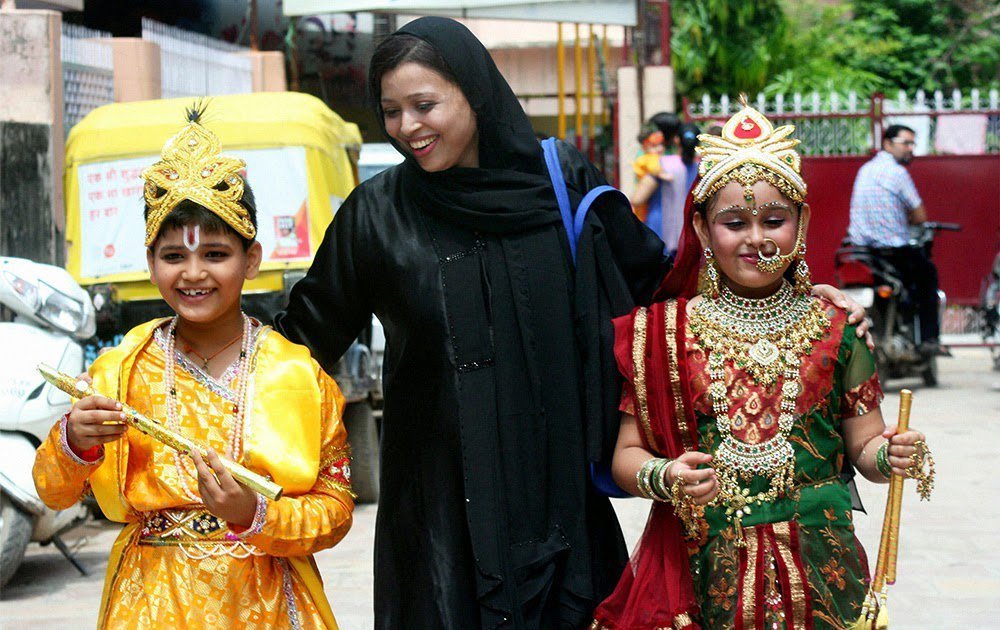FIVE STEPS
1. Change cropping pattern from existing crops (annually earning between Rs. 10000 to 50000 per acre) to fruit plantation (annually earning between Rs. 1,00,000 to 5,00,000 per acre)
2. Sourcing appropriate plants from best nurseries, while checking mother plant and other things.
3. Adding modern agriculture practices to traditional farming. At least 4 training sessions and hand-holding
4. Attracting market to farms
5. Value addition by innovative marketing, MSMEs like pack house, processing units, Cold Storage, Godown, supply chains etc.
Some things to keep in mind
1. Select a cluster of needy villages (at least 50 village cluster)
2. Work out financial figures of Capital Expenses, Operating expenses, Sale Amount, plantation and harvesting time, and profit and loss statement (we can provide the same) for various trees. Our experience is with
o Mango
o Drumsticks
o Papaya
o Custard Apple (Sitafal)
o Pomegranate
o Guava (Amrut)
o Citrus fruits – Mosambi, Santra, Lemon
o Coconut
o Sericulture (Silk worm rearing)
3. No. of Trees – Minimum 5 Lakh spread across chain of 25 villages (around 1000 acres of land).
4. Within rows of trees, farmers need to do intercropping. For example, all kind of vegetables, fruits, herbs, flowers that grow in less than 5 months, and do not grow over 3 feet.
5. Govt has set up KVK (Krishi Vigyan Kendra) to help farmers. Go and meet the senior scientists there and ask them about which fruit trees and intercropping are grown in their area and about technical support. Select the fruit trees, among the above list. Your nearest KVK can be found here. https://kvk.icar.gov.in/KVK_selection_ddl.aspx
6. Do some study of the selected trees, meet some orchard owners and try to imbibe as much knowledge as possible. Create a technical team or 2-3 experts/agronomists that can take training sessions with the farmers on each type. They should be available to the farmers for any problem. One needs to train the farmers on pre-plantation, plantation, post-plantation and marketing of produce.
7. Fund requirement would be minimum Rs. 40 to max. Rs. 75 per tree.
8. Sources of fund -> Personal, Community and CSR
9. Government has a lot of horticulture schemes, where they give subsidy for labour, making pits, drip irrigation etc. Study these policies and scheme. Go and meet the horticulture secretary, if possible. We need to help farmers get maximum benefits by linkages to such schemes. (IMPORTANT: Govt will also offer free saplings to farmers from their nurseries. Under no circumstances should you allow the farmers to take free saplings from government nurseries. They are mostly of poor quality and your entire project can fail if poor quality saplings are used.)
10. Team should be led by dynamic and capable leadership who has / can gain the confidence of the people.
11. Outreach people, minimum 1 person per 1 L tree (Outreach Staff)
12. Computer operator preferably tie – up with Sr. Technical person (employed as consultant) from KVK or similar organization.
13. Booking between Oct, July -> time of plantation
14. Soil testing and weather will determined selection of tree water requirement
15. Training will be given by G.P in Hindi / Marathi
16. Marketing and forward linkage will be discussed
17. Thumb rule for plantation - Disclaimer



